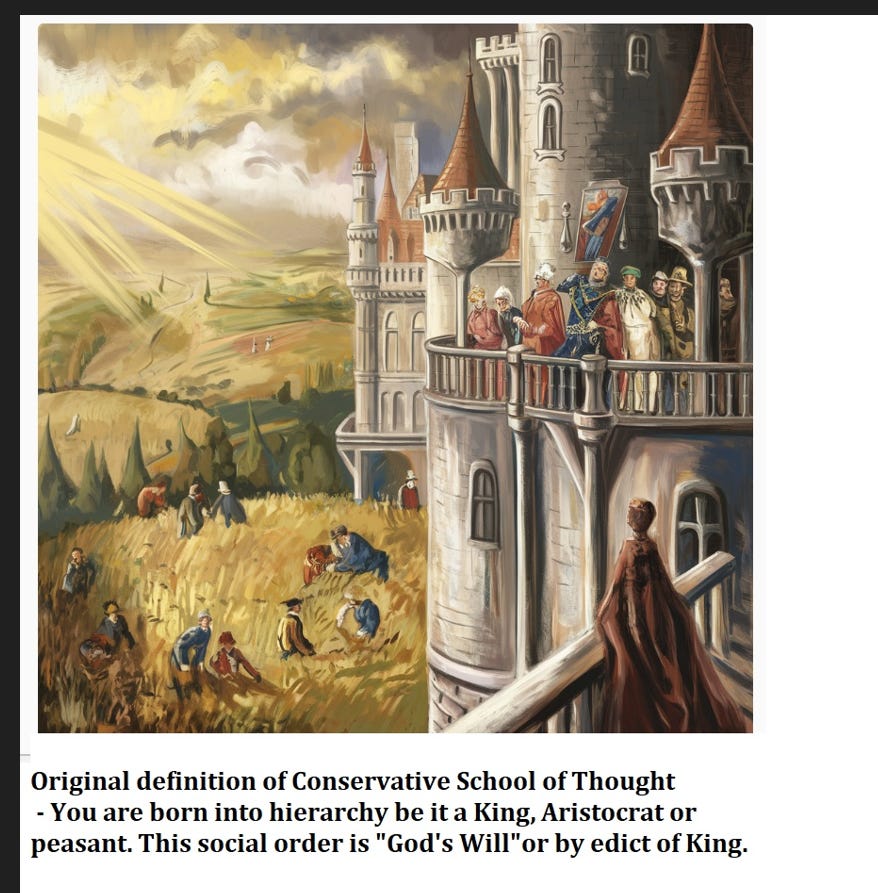Marxists and radical political movements often frame historical oppression as a continuous struggle between the oppressed and the oppressors. They view this conflict as a fundamental aspect of societal development.
In their narrative, "militants" are active participants in the fight against injustice, while "comrades" refers to fellow revolutionaries united in their cause. The term "resistance" is used to describe collective efforts to challenge and overthrow existing power structures. This language reinforces a sense of solidarity and shared purpose among those fighting against perceived systemic inequalities and exploitation.
note the term militancy, transform, struggle, resistance
Preferential treatment for the poor? Why?
It’s like the article I wrote last week “Mexico is one sandal away….” President Pardo comes right out and says Mexico will restore “Land that was taken from them”
Morena party’s philosophy is shaped from a Marxist leaning intellectual paradigm. Their philosophy is also shaped from schools of thought such as the principle of Utilitarianism meaning “the greatest good for the greatest many.” I’d say it’s a hybrid of all these schools of thoughts (shaped by sociologists and historians listed below)
That societies can be divided into two antagonistic groups, most simply put as “the people” vs. their “rulers,” with the defining feature being who has access to political (i.e., coercive) power within a given society. The latter has been variously termed:
“the single tyrant” and his “favorites” and “petty chiefs” (La Boétie)
“the ruling few” (Bentham, James Mill, Spencer)
“the sinister interests” (Bentham, Mill)
“the oligarchy” (Knox, Wade, Bastiat, Cobden).
The poor in Mexico were people who were colonized by Spain, given no rights, stripped of their land, and denied access to wealth, power, and prestige. New Spain (or Mexico) was a highly stratified society typical of any colony. Remember, this is why the US also had its revolution—precisely because the King of England's system was unfair.
Mexico’s Morena party believes that the reason women, campesinos, farm workers, factory workers, and indigenous communities have been denied upward mobility is not because these sub-cultures are lazy, ignorant, or have some character flaws that make them impoverished. Instead, Morena has an ideological explanation being the social and political structures are too rigid and stratified which grinds people into poverty.
They believe these social groups inherited a system of injustice handed down to them from Mexico as a colony:
So when President Pardo or Luisa Alcalde speak of “erasing past injustices” or a future of shared prosperity, they reach back into a long history of sociologists who hold these beliefs (I listed some below). These schools of thought would have been taught to Alcalde, especially at the University of California Berkley, where she received her undergrad and Master's.
Remember, in past articles I’ve written on this subject, the campaign trail is full of narratives claiming that it is time for the “greatest many” to be restored by reversing the political system that favored “the privileged few.”
One of these groups, “the ruling few,” “exploits” the other by taking the latter’s property without its consent or by passing laws that benefit the former at the expense of the latter. These groups have been variously termed:
“ceux qui pillent” (those who pillage) vs “ceux qui sont pillés” (those who are pillaged) (James Mill)
“the plunderers” vs. “the plundered” (Bastiat),
“the conquerors” vs. “the conquered” (Thierry, Spencer, Oppenheimer),
“tax-payers” vs. “tax consumers” (Calhoun) or “tax-eaters” (Cobbett) or “the budget eaters” (Molinari) or the “caterpillars” (the Levellers)
“the producers” vs. “the non-producers” (Turgot, Say).
How many times have you heard me refer to the political class as “the parasitic class”
Classic schools of thought
The traditional classification of conservative, liberal, and radical ideologies in sociology offers a framework for understanding different perspectives on social structure and mobility.
Conservative Ideology
Traditionally, conservatives adhered to the belief that social hierarchy was divinely ordained or established by monarchical decree. This worldview posited that an individual's social position was predetermined at birth and should remain fixed throughout their lifetime. For instance, those born into aristocracy were destined to maintain their elevated status, while those born as peasants or serfs were expected to remain in their lower social strata. This conservative school of thought rejected the notion of upward social mobility, emphasizing the importance of maintaining the existing social order.
Neo-Liberal thought
Liberal Ideology
In contrast to the conservative viewpoint, liberals challenged the idea of a rigid social hierarchy. They advocated for the possibility of social mobility through personal effort, education, and professional development. Liberals believed that individuals could improve their social standing through hard work and self-improvement, regardless of their birth circumstances. This perspective promoted the idea of a more fluid society where merit and achievement could lead to upward movement within the social structure.
Morena party is Radical thought
Radical Ideology
Radicals took a more extreme stance, rejecting both conservative and liberal ideologies. They argued that the entire social structure was inherently unjust and required a complete overhaul. Radicals believed that incremental changes or individual efforts to climb the social ladder were insufficient to address the fundamental inequalities embedded in the system. Instead, they advocated for a revolutionary approach, proposing to rebuild the social structure from the ground up to create a more equitable society.
What does all this have to do with Silver?
Well, Mexico is the World’s largest producer of Silver so that is why we are spending so much time on this subject, duh!
More context below:
Mexico: One Sandal Away from Nationalizing Silver
Please, after reading this article Google the translation from Spanish to English, “Pistola Humeante”
our opinions are not our sponsors opinions
editorial department is sole and separate from promotions
not financial advice










